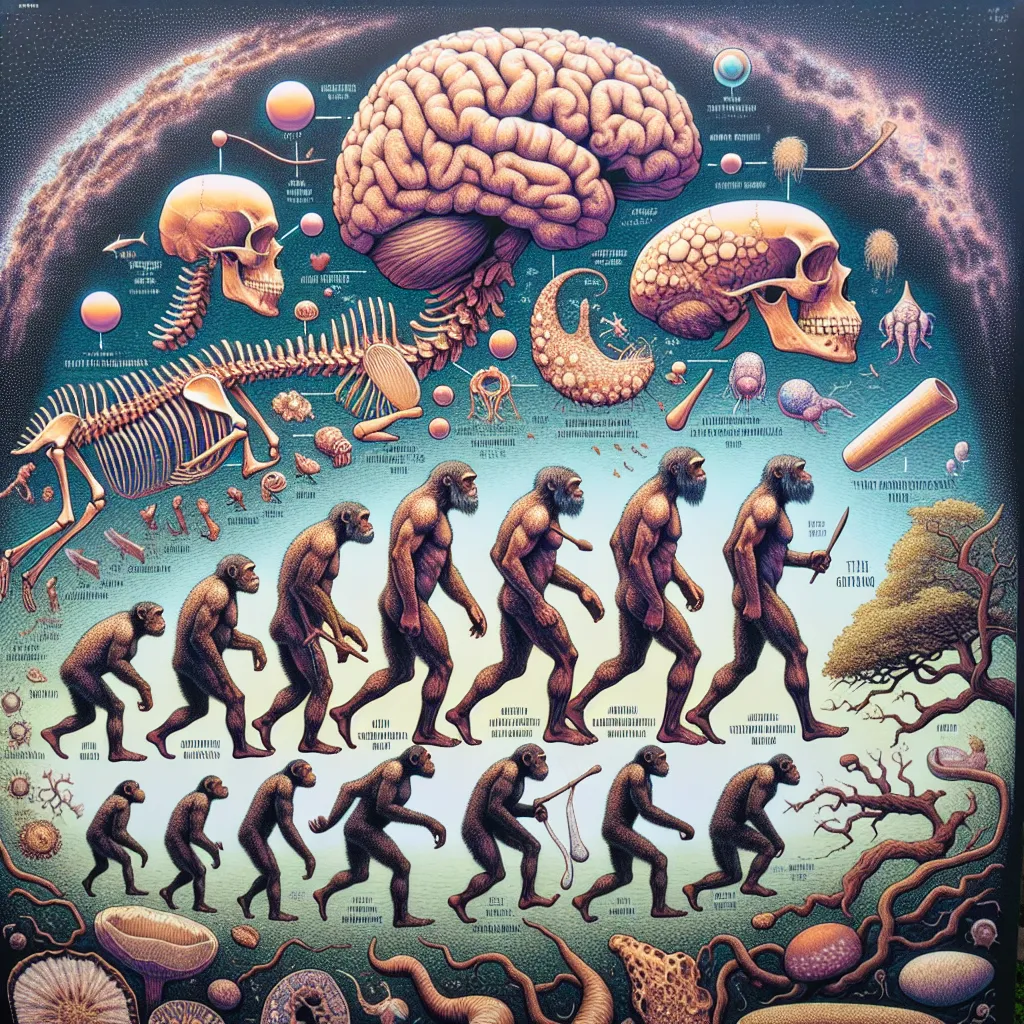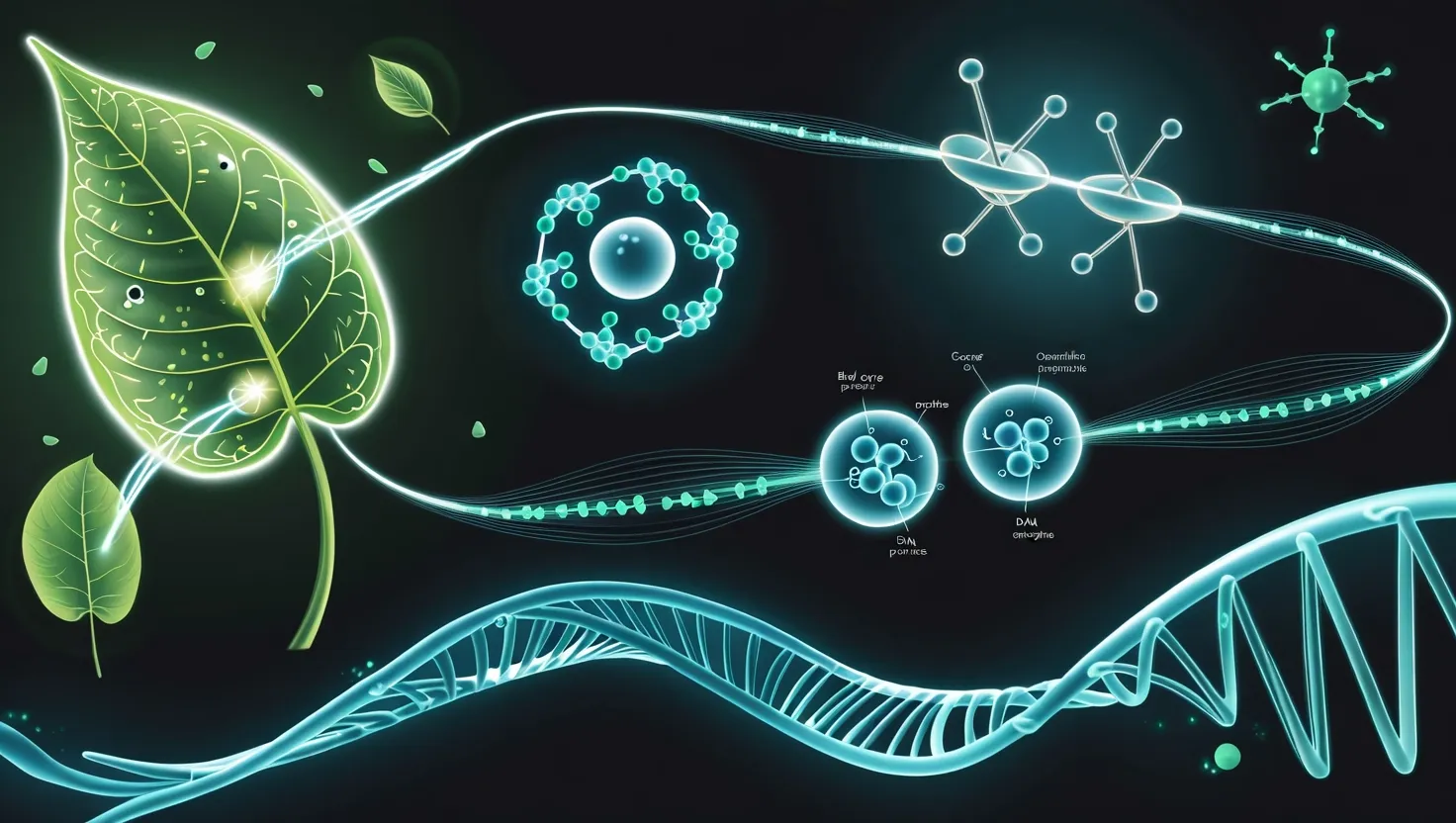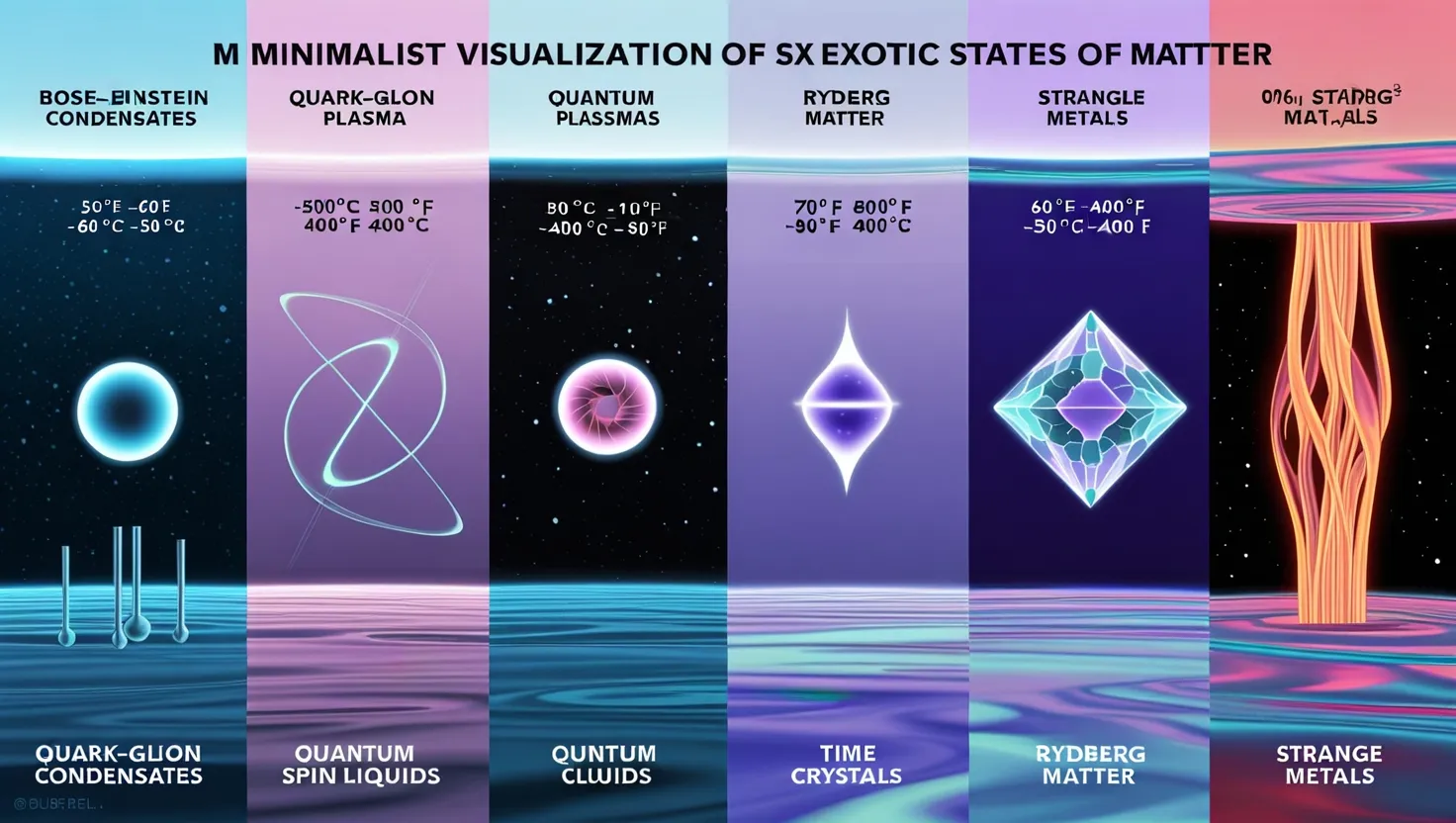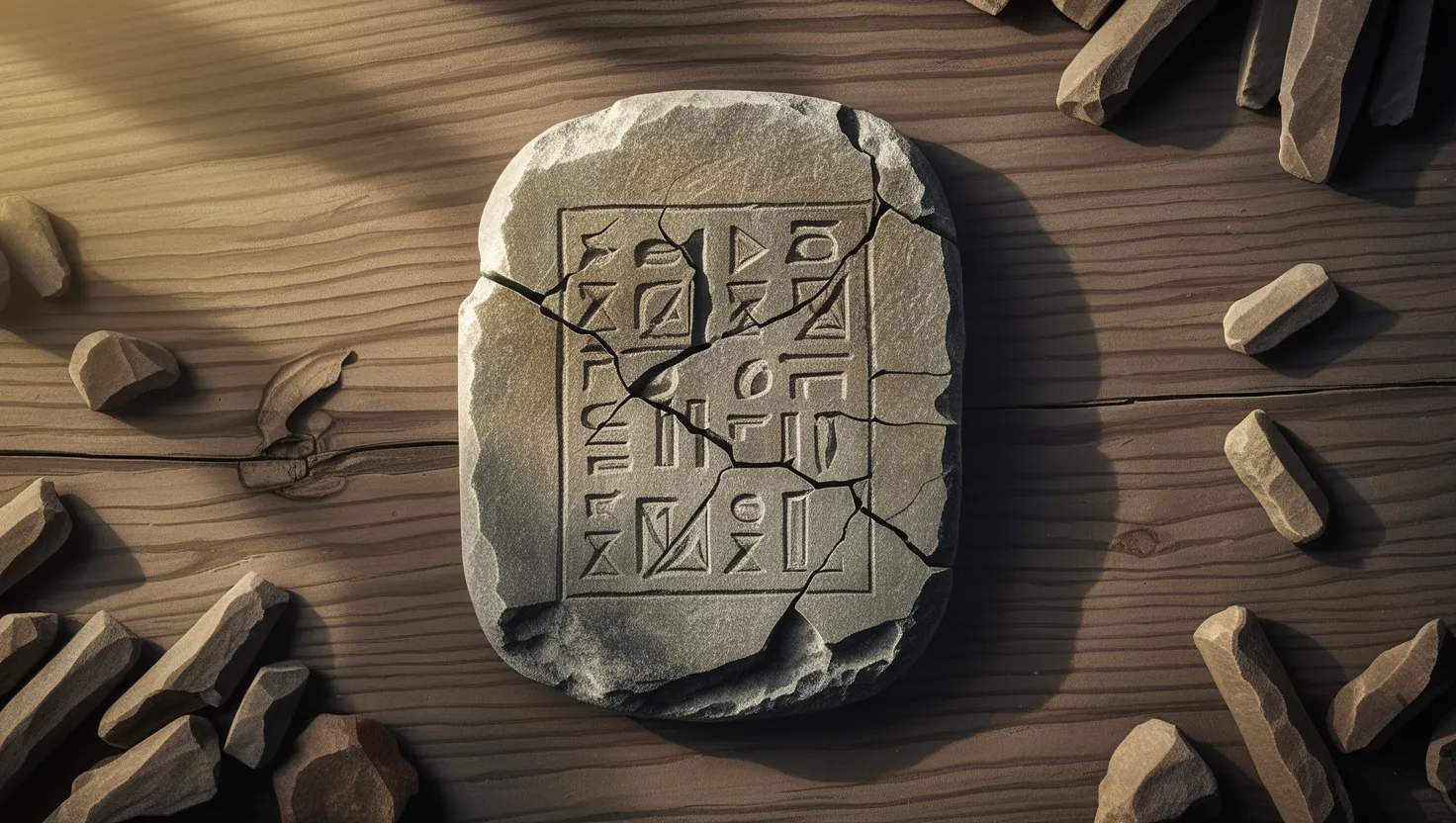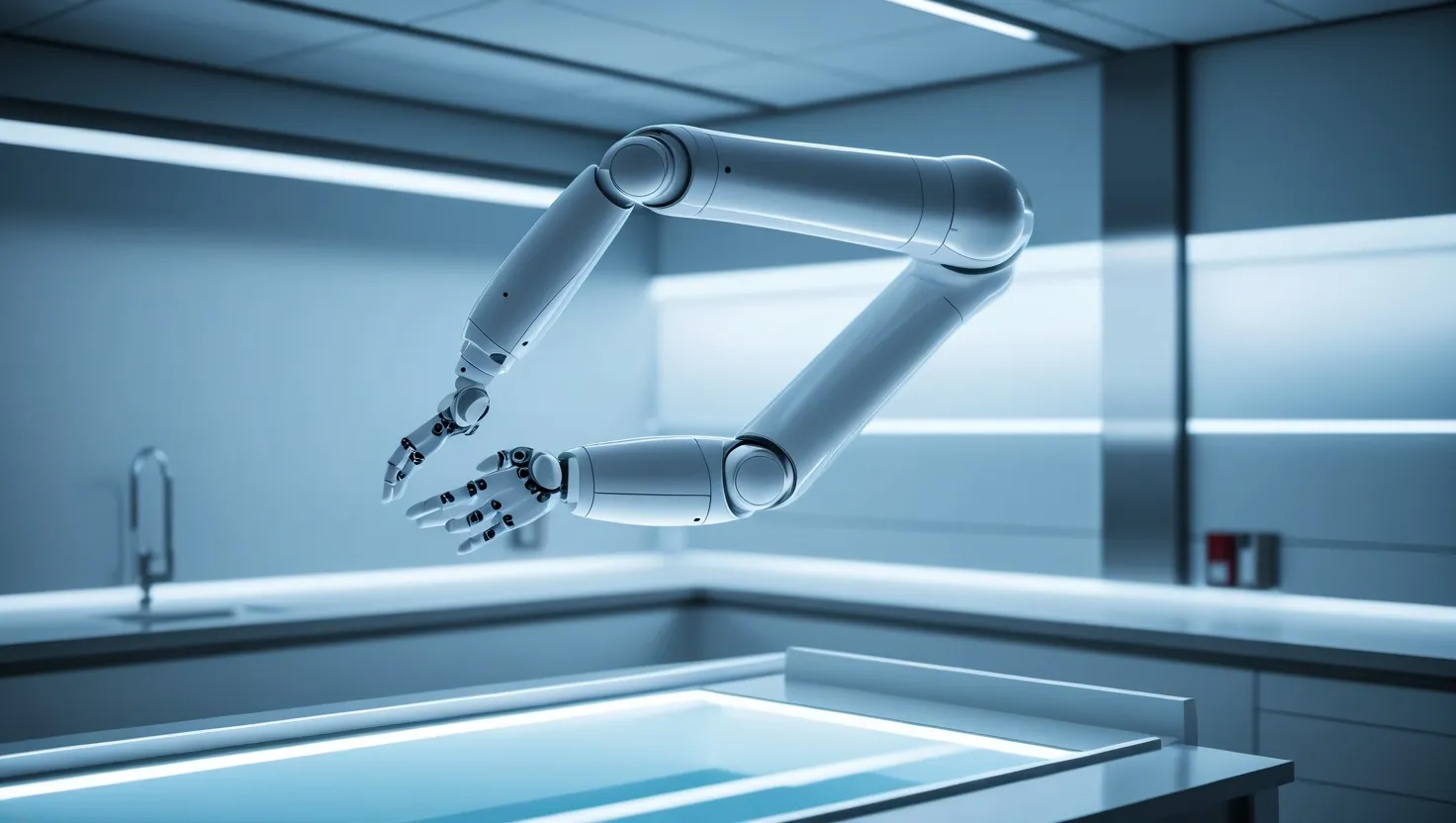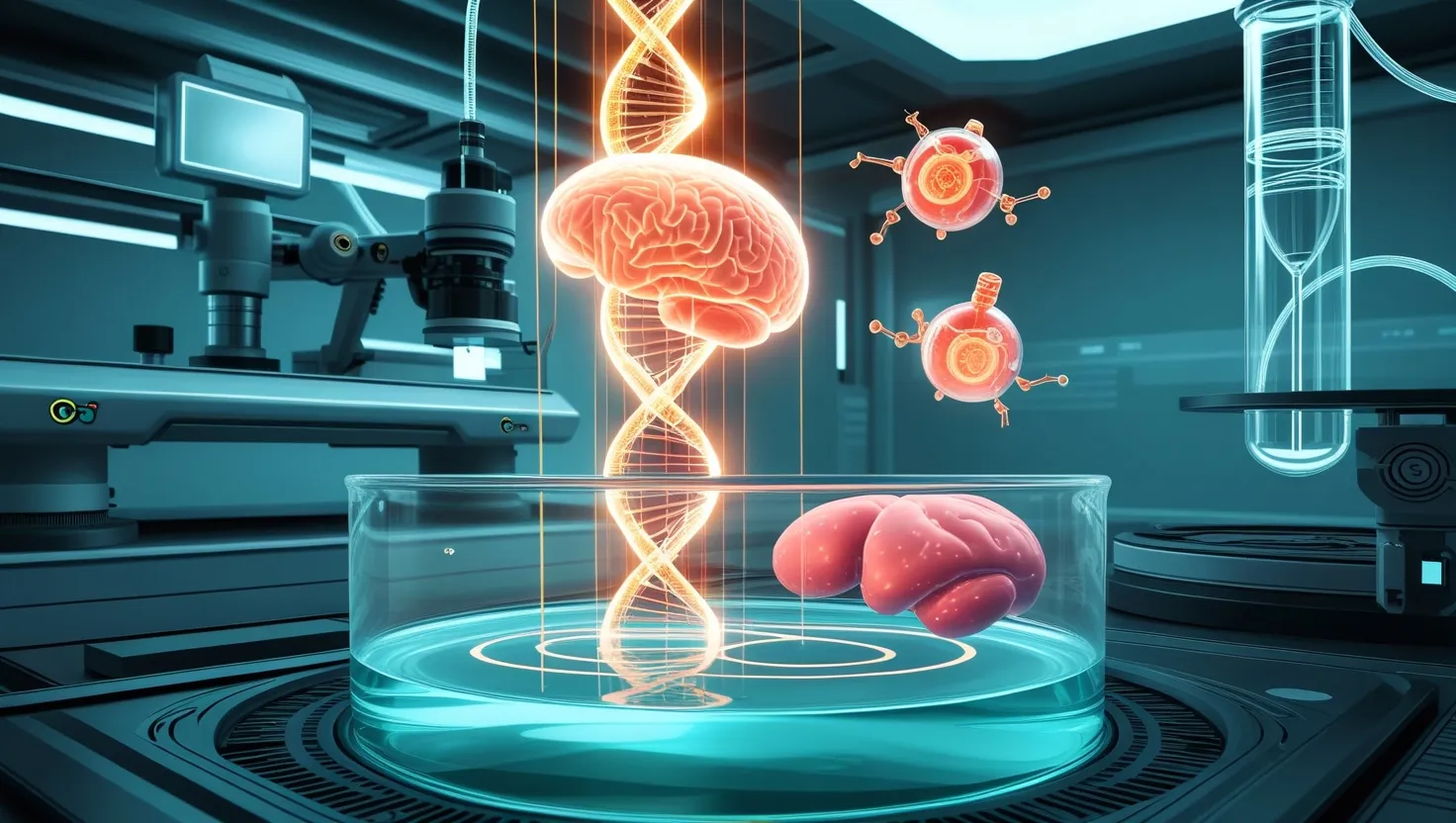Humans have some pretty intriguing traits that set us apart. Think about how our big brains allow us to speak and use language. Our legs are long and our muscles powerful, making us great runners, something that would have been super handy on the Savannah. Add to that our sweat glands which help keep us cool during those long chases.
Our thumbs are another big deal. They’re robust, evolved perfectly for making and using tools. Then there’s the coccyx, the tiny bone at the base of our spine, a leftover from when our ancestors had tails and swung through trees hunting for fruit.
Our senses are sharp, and our ability to give live birth and nurture our young played a significant role in our survival, even back when dinosaurs roamed the Earth. Consider our lungs and limbs that helped us leave the water for land. Our hearts, eyes, bones, and teeth—these all have roots tracing back to an aquatic past.
And let’s not forget the DNA in our cells that started evolving more than three billion years ago from a single, lucky spark of life. We are just one of the estimated 10 billion or more species that have evolved from that primordial beginning. It’s pretty wild when you think about it, that all this complexity started from a single cell in a tiny puddle.
